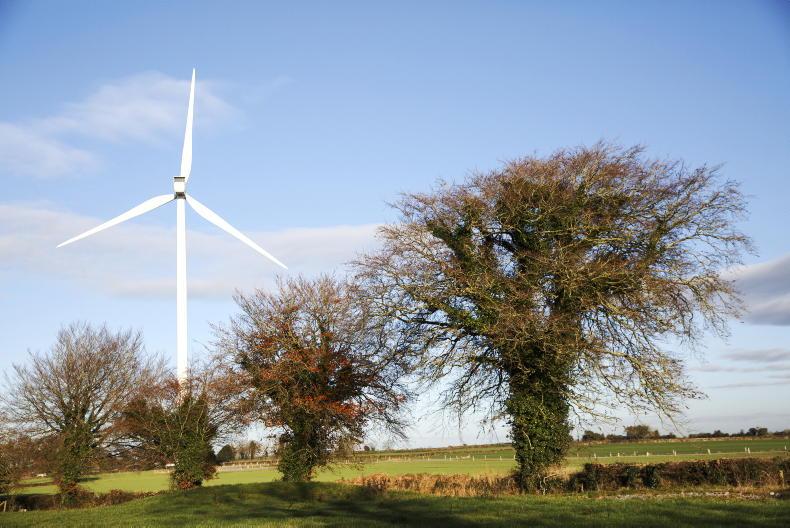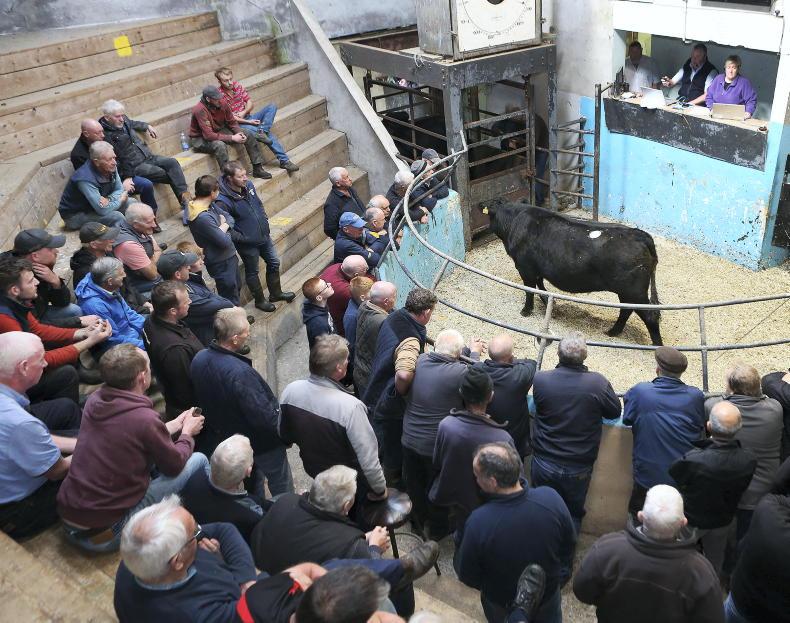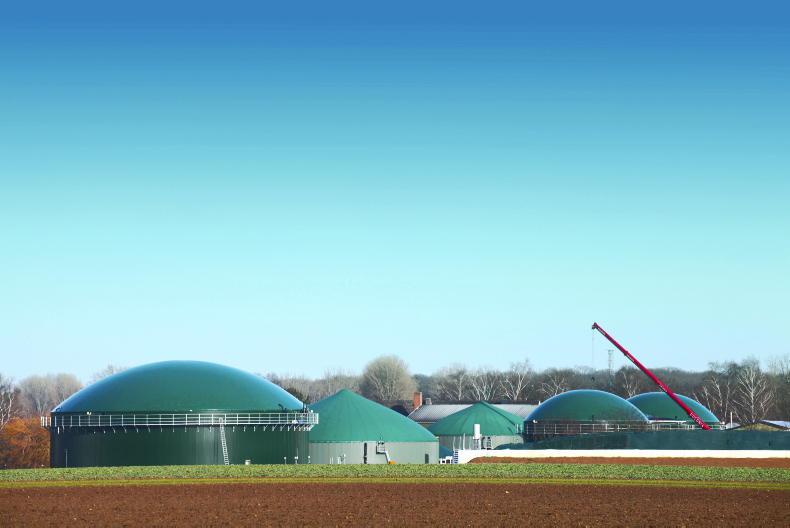A review is to be carried out into the financial returns that owners of anaerobic digesters (AD) and small-scale wind turbines get from the NI Renewable Obligation (NIRO) scheme.
It follows on from an investigation by the NI Audit Office which found that rates of return could be higher than were initially projected when the scheme was set up.
Some renewable electricity generators are worried that it could lead to a debacle like the Renewable Heat Incentive (RHI), where previously guaranteed payments have been cut and the whole issue is subject to a costly legal battle.
But a repeat of RHI is unlikely, mainly because the market-based nature of NIRO means there is no scheme overspend and there has therefore been little public reaction since the report was published last week.
Trust
Also, any change to NIRO midway through the scheme would completely damage whatever trust is left in “guarantees” that are given by government as part of future incentive schemes.
There needs to be a general acceptance that overcompensation of some individuals is to be expected in any successful scheme. If adequate incentives are not in place, there will be limited or no uptake.
A recent example is the Environmental Farming Scheme, where there was sixfold drop in applications this year when the popular watercourse stabilisation measure was removed.
NIRO provides another example. It opened in 2005, but there was not a single commercial AD plant constructed in NI until 2011 when the scheme was revised and the projected returns from generating electricity from biogas improved.
If the government wants individuals to do things that are uneconomical, such as planting a wildflower meadow or erecting a wind turbine, there needs to be adequate financial support to do it.
There also needs to be a high level of trust that scheme terms will not unexpectedly change midway through.









SHARING OPTIONS